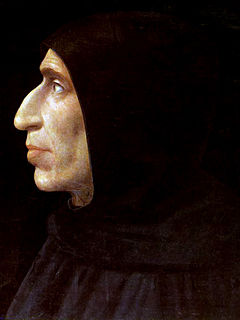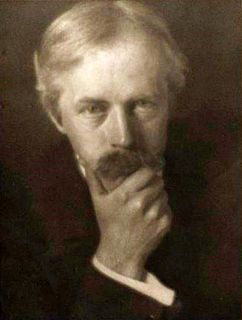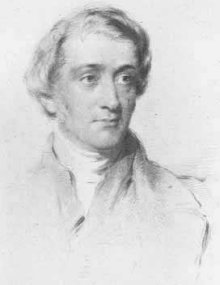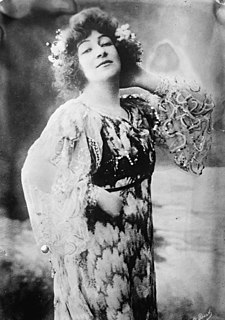A Quote by Ralph Waldo Emerson
Related Quotes
Let the foundation of thy affection be virtue, then make the building as rich as glorious as thou canst; if the foundation be beauty or wealth, and the building virtue, the foundation is too weak for the building, and it will fall: happy is he, the palace of whose affection is founded upon virtue, walled with riches glazed with beauty, and roofed with honor.
The best soldiers are not warlike; the best fighters do not lose their temper. The greatest conquerors are those who overcome their enemies without strife. The greatest directors of men are those who yield place to others. This is called the Virtue of not striving, the capacity for directing mankind; this is being the compeer of Heaven. It was the highest goal of the ancients.
Some have narrowed their minds, and so fettered them with the chains of antiquity that not only do they refuse to speak save as the ancients spake, but they refuse to think save as the ancients thought. God speaks to us, too, and the best thoughts are those now being vouchsafed to us. We will excel the ancients!
But there is a beauty every girl has—a gift from God, as pure as the sunlight, and as sacred as life. It is a beauty that all men love, a virtue that wins all men's souls. That beauty is chastity. Chastity without skin beauty may enkindle the soul; skin beauty without chastity can kindle only the eye. Chastity enshrined in the mold of true womanhood will hold true love eternally.








































